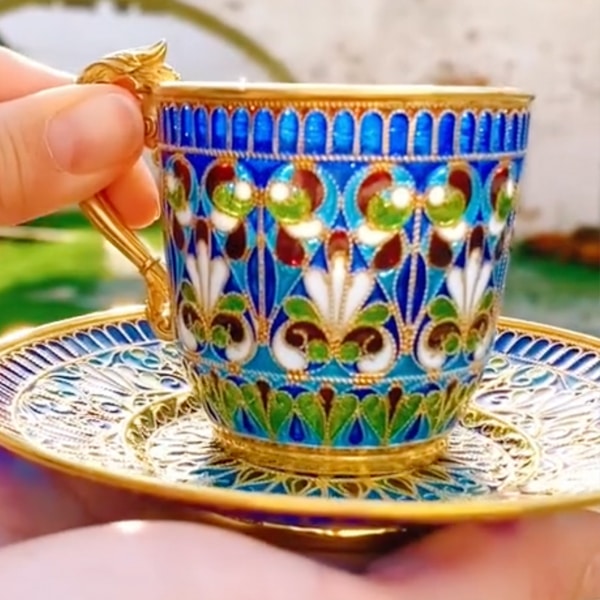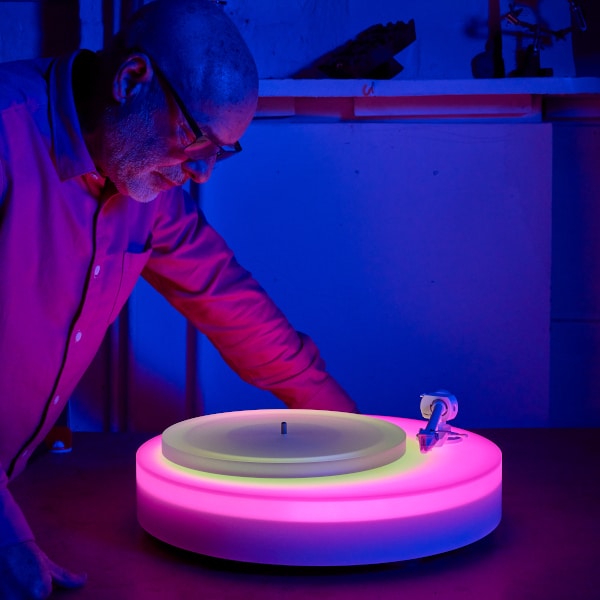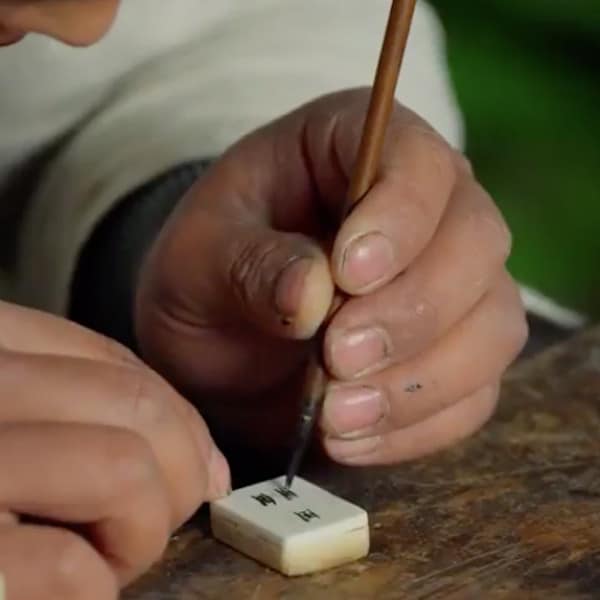
Photo: Stock Photos from Alzay/Shutterstock
The iconic yellow smiley face—with its perfect circle, two oval eyes, and a large, upturned semi-circular mouth—is immediately recognizable worldwide as the symbol of happiness. However, the story behind the graphic motif isn’t as cheerful as you might expect.
Who Invented the Smiley Face?
The classic smiley dates back to 1963 in Worcester, Massachusetts, when graphic designer Harvey Ball was commissioned by State Mutual Life Assurance Company to create an image to boost staff morale. Apparently, Ball spent just 10 minutes drawing up a deconstructed smiling face on yellow paper—a surface he chose simply “because it was sunshiny and bright.” Ball was paid a whopping $45 for his now world-renowned visual.
At first, the insurance company printed Ball’s design on buttons and posters to give out to its employees, hoping to cheer them up. It’s unknown whether the “happy” memorabilia did the trick; however, the image quickly gained popularity. Yellow smiley faces started popping up on everything, from greeting cards and stickers to T-shirts and key rings. And although it is widely accepted that Ball invented the smiley, neither he nor the insurance company trademarked the now-iconic design.
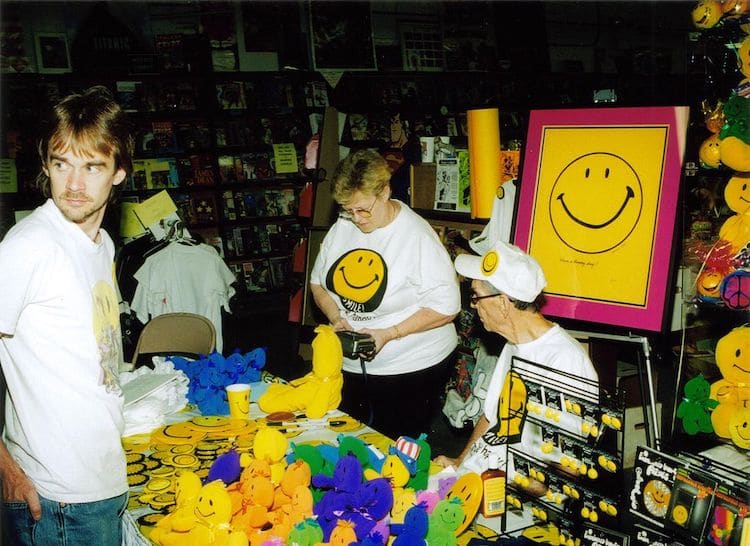
Harvey Ball (seated) at 35th Anniversary of Smiley public signing event in Worcester MA (Photo: Wikimedia Commons, Public Domain)
Key Features of Ball's Smiley Face
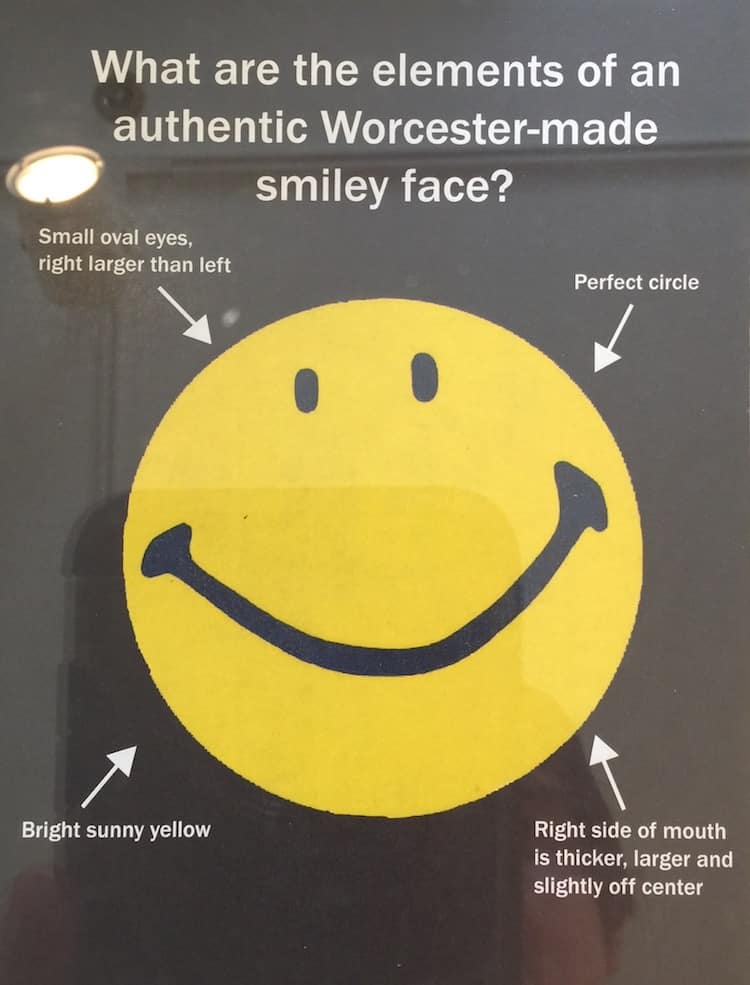
Smiley face on display at the Worcester, Massachusetts Historical Museum (Photo: Garchy via Wikimedia Commons, CC BY-SA 4.0)
Harvey Ball's smiley face is unique for its three distinct characteristics:
- Uneven and narrow oval eyes, with the right eye slightly larger
- A perfect circle colored in bright yellow
- An off-center arc-shaped smile with creases at the side.
The Smiley’s Copyright Controversies
Over time, there were many legal battles over who could truly claim ownership over the smiley face design. During the early 1970s, Hallmark owners Bernard and Murray Spain copyrighted the design with the slogan “Have a Happy Day.” The brothers sold more than 50 million smiley buttons and countless other products featuring Ball’s original graphic. Their aim was to turn a profit while attempting to gain back America’s optimism during the Vietnam War. The brothers publicly took credit for the feel-good symbol in 1971 when they appeared on the television show What’s My Line (despite knowing that Ball was the original designer).
In 1971, French journalist Franklin Loufrani launched The Smiley Company, which grew into a global licensing giant that still exists today. Even Walmart tried to copyright the Smiley in 2006 but lost the case to The Smiley Company, which now holds the rights to smiley face symbols in over 100 countries.
View this post on Instagram
In 2001, Charlie Ball (Harvey Ball’s son) attempted to rescue his father’s creation from the world of consumerism by starting the World Smile Foundation—a company that focuses on small, grassroots charitable efforts. “Harvey Ball believed that each one of us has the ability to make a positive difference in this world and he lived according to that belief,” says the World Smile Foundation on its website. “He knew that any effort to improve the world, no matter how small, was worthwhile. And he understood the power of a smile and a kind act.”
The Evolution of the Smiley Face
There have been countless variations of the iconic smiley face over the years. Along with its design, its meaning has also changed according to the social and cultural values of the time. What began as a simple symbol of optimism in the ‘60s became a commercialized logo in the ‘70s and an emblem of rave culture in the ‘90s.
The first known use of the smiley on the Internet occurred in 1982, in a letter by computer scientist Scott Fahlman. He said:
I propose that the following character sequence for joke markers:
🙂
Read it sideways. Actually, it is probably more economical to mark things that are NOT jokes, given current trends. For this, use
🙁
Afterward, the smiley was adopted into early messenger systems and into the Unicode, ultimately leading to the smiley Emoticon, or emoji.
View this post on Instagram
Today, the smiley appears on fashion items, and even as its own visual online language in our text messages and social media posts. It’s interesting to wonder; would we still have the same emojis we know today if it wasn’t for Harvey Ball’s 10-minute doodle?
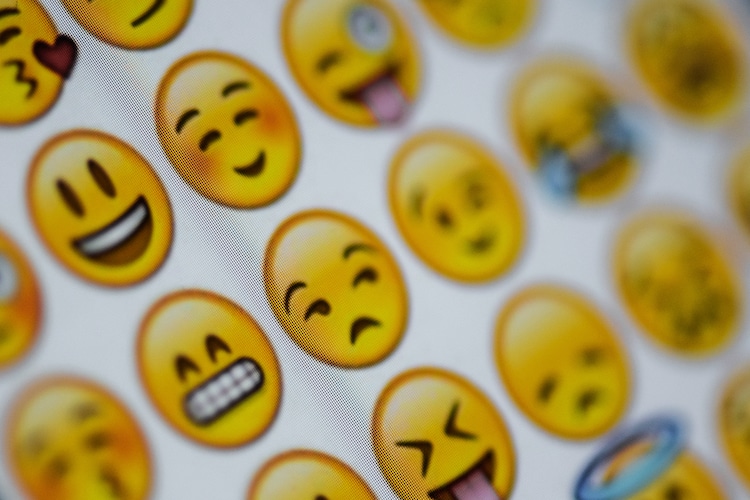
Photo: Stock Photos from Stephen Plaster/Shutterstock
Frequently Asked Questions
Who invented the smiley face?
It is widely accepted that American graphic artist and ad man Harvey Ross Ball invented the smiley face.
When was the smiley face invented?
Harvey Ross Ball invented the smiley face in 1963 in Worcester, Massachusetts.
What does a smiley face symbolize?
The smiley face is a simple representation of joy, peace, and optimism. Its meaning has evolved over time, but it is almost always a symbol of positive feelings and reactions. Often used as an emoji in texts and private messages, the smiley face has expanded to include variations expressing different levels of happiness.
This article has been edited and updated.
Related Articles:
Short Film Celebrates Iconic ‘I Heart NY’ Logo and the Man Who Created It
Clever Interpretations of Famous Artworks Using Emojis
What is Kawaii? Discover What Led to Japan’s Culture of Cuteness
Vibrant Pixelated Wood Sculptures Visualize the Depths of the Human Psyche














































































